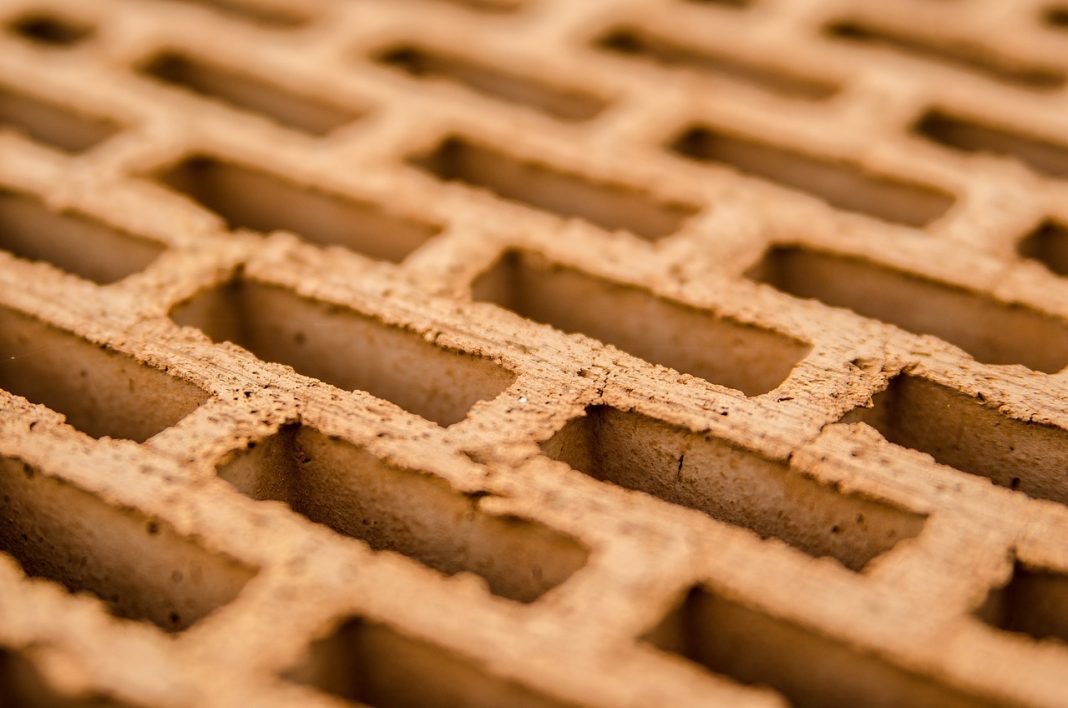Introduction to Trailer Jack Blocks
For many trailer owners, maintaining the stability and safety of their mobile abodes and cargo carriers is paramount. Trailer jack blocks are critical in this regard, serving as stout supports that snugly fit under the trailer’s jack foot, providing a sturdy base, particularly on unpredictable terrain.
These implements are more than simple supports; they are the cornerstones of a safe and enjoyable trailering experience, eliminating much of the concern associated with the movement of the trailer and ensuring the vast lands traversed do not compromise the vehicle’s integrity or safety.
A proper foundation for any trailer(be it a diminutive teardrop or a sizeable fifth wheel) is crucial for stationary stability and hitching operations’ safety. That is where a trailer jack can come into play, bolstering the rig against the forces of nature and use. Constructed to carry the load and distribute weight, it plays a critical defensive mechanism against the sinking and shifting that can occur in less-than-ideal parking conditions.
Materials and Design: A Focus on Durability
Boasting a variety of construction materials, from rugged polymers that can weather the onslaught of the elements and the persistent forces exerted by a fully laden trailer to sturdy metals designed to bear heavy loads, trailer jack blocks are built for enduring harsh conditions and repeated use.
The choice material is usually a high-density polymer, which affords strength and resistance to corrosion, moisture, and UV light, an essential consideration for accessories exposed to the elements regularly.
The intelligent design principles applied to trailer jack blocks often integrate structural elements to enhance durability and weight tolerance. For instance, internal reinforcement grids ensure that the blocks retain shape and functionality even under substantial stress.
This attention to detail in design translates directly to the product’s reliability, which instills confidence in users who depend on them for their trailer’s security.
Ensuring Safety During Hitching and Unhitching
Anxiety often accompanies the daunting tasks of hitching and unhitching a trailer, mainly due to the movement that can occur if a trailer is not securely supported. It is where the actual value of a stable trailer jack block system comes to light.
These blocks contribute significantly to safe and smooth hitching/unhitching operations by mitigating movement and providing a solid base. In the absence of movement, there is a notable reduction in the risk of accidents resulting from an unstable trailer—protective measures that should be second nature to all trailering enthusiasts.
Coupling or decoupling a trailer from a tow vehicle is when the risk of an unsecured trailer becoming mobilized is the most palpable.
Engaging a reliable trailer jack block during these times can be the difference between a routine process and an unforeseen mishap. Ensuring that a trailer remains immobile during these critical moments is not just an option; it’s an indispensable element of responsible trailer operation.
Proper Placement for Maximum Effectiveness
The optimal placement is not merely about where the block feels firmest; it entails understanding the load dynamics and the ground it sits upon. The efficacy of trailer jack blocks can be remarkably improved if positioned with forethought.
On solid ground, a smaller block might suffice. Still, on questionable terrain—a lush, rain-softened meadow or an uneven dirt track—a larger block with a greater surface area is necessary to prevent the jack foot from sinking.
Furthermore, the exact position relative to the jack is critical; if it is too far offside, the block could tilt, be too close to the edge, and not bear the load uniformly.
Aligning the block properly under the jack ensures that the trailer’s weight is distributed evenly across its surface, much like the foundations of a building are calculated to carry the structure’s mass with utmost efficiency.
Diving deeper into the world of trailer jack blocks, we find a variety of types available on the market, each designed to cater to different trailers and conditions. These blocks are not only essential for maintaining the stability and safety of your trailer but also come in various materials and designs to suit specific needs. Understanding the types, material compositions, and how to choose the right trailer jack block is crucial for any trailer owner.
Types of Trailer Jack Blocks
- Standard Blocks: The most common type, designed for general use with a wide range of trailers. They are typically square or rectangular and can be stacked for additional height.
- Interlocking Blocks: These blocks feature interlocking edges that ensure a secure fit when stacked. They are ideal for uneven terrain, as the interlocking mechanism prevents slippage.
- Wheel Chocks: While not traditional jack blocks, wheel chocks are used in tandem with jack blocks to prevent the trailer from rolling. They are placed against the wheels and are essential for trailers parked on slopes.
- Custom-fit Blocks: Designed for specific trailer models or types, such as fifth wheels or teardrops. These blocks fit perfectly under the trailer’s jack foot, providing optimal support.
Material Compositions
- Plastic: Lightweight and resistant to corrosion, plastic blocks are popular for their durability and ease of handling. High-density polyethylene (HDPE) is a common choice for its strength and impact resistance.
- Rubber: Rubber blocks offer excellent grip and are especially useful on slippery or wet surfaces. They absorb shocks and are durable, though they can be heavier than plastic.
- Aluminum: Known for its strength-to-weight ratio, aluminum blocks are lightweight yet sturdy. They are resistant to rust and often favored for their long-term durability.
- Wood: Traditional but less common, wood blocks can provide good support but are prone to moisture damage and decay over time.
Choosing the Right Trailer Jack Block
Selecting the right trailer jack block involves considering the type of trailer, the terrain, and the conditions in which you’ll be parking. Here are a few tips:
- Consider the Weight: Ensure the blocks you choose can support the weight of your trailer. Manufacturers typically list the maximum weight capacity on their products.
- Analyze the Terrain: For uneven or soft ground, interlocking or custom-fit blocks might offer better stability. On slippery surfaces, rubber blocks can provide additional grip.
- Factor in Portability: If you travel frequently, lightweight plastic or aluminum blocks might be more convenient. Consider the storage space available in your trailer as well.
- Look for Durability: Choose materials that are resistant to weather, corrosion, and wear. Aluminum and HDPE plastic are excellent for longevity.
- Compatibility with Your Trailer: Make sure the blocks fit the dimensions of your trailer’s jack foot. Custom-fit options are ideal for unusual or specific designs.
By understanding the types available, their material compositions, and how to select the right one for your needs, you can significantly enhance your trailering experience. Whether you’re navigating rugged terrains or parking in your driveway, the right trailer jack block can make all the difference.



